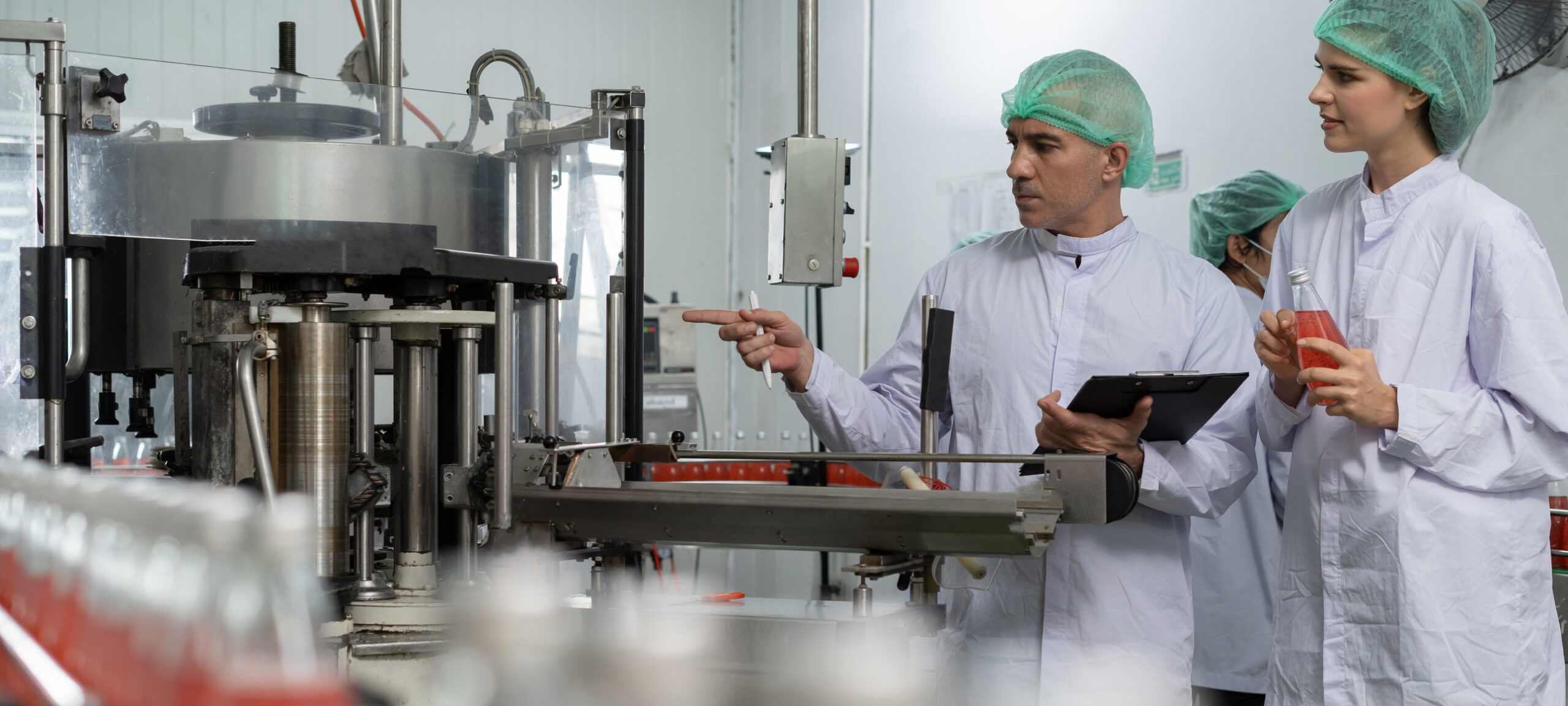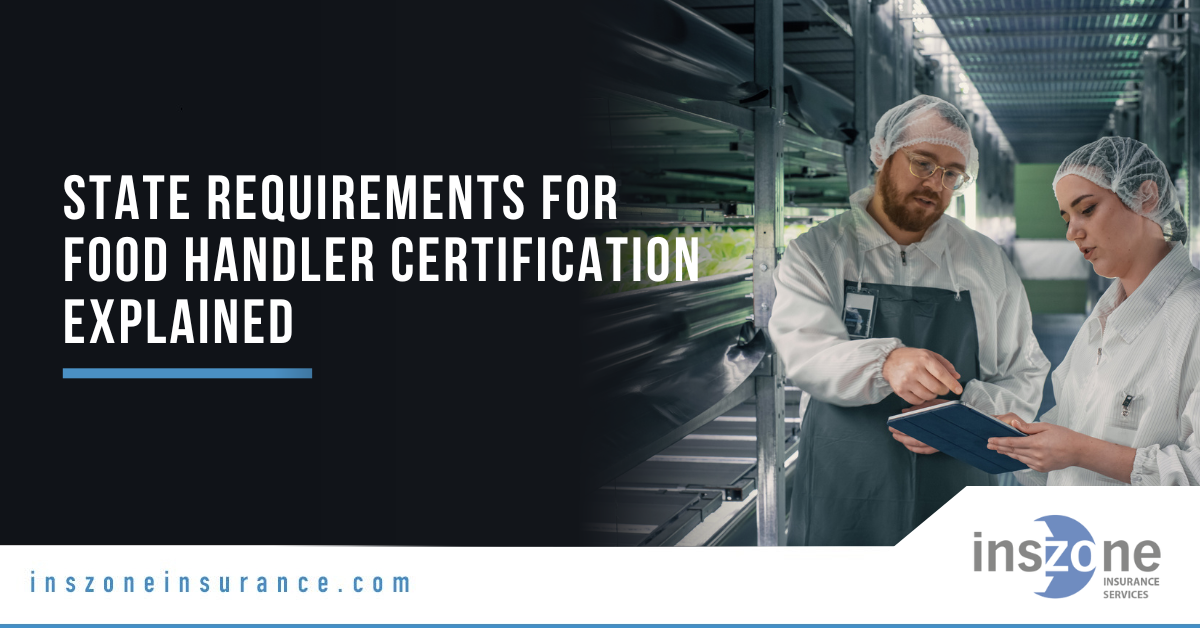Proper food-safety training is a cornerstone of running a successful restaurant, bakery, or catering business. Whether you operate a small coffee shop or a multi-site franchise, you’re responsible for ensuring every employee who handles food has the required training and certification.
A food handler’s permit—also called a food handler’s license, card, or certificate—proves that a worker completed an approved food-safety course and passed a recognized exam. Many jurisdictions also require at least one on-site Certified Food Protection Manager (CFPM) to oversee compliance and employee hygiene practices.
Do You Have to Have a Food Handlers Card?
In most U.S. states, yes. If an employee touches unpackaged food or food-contact surfaces, they typically need a valid food handler’s certification within a specific timeframe after hire.
These requirements help reduce foodborne illness, protect customers, and satisfy health-department and insurance standards. Even if your state doesn’t have a statewide rule, many counties or cities enforce their own local ordinances.
Having certified staff also benefits business owners—proof of training can reduce liability exposure, support smoother inspections, and strengthen insurance underwriting.
What States Require Food Handlers Permit?
Each state sets its own food handler requirements, and some delegate enforcement to local health departments. Here’s a quick overview of how state laws differ:
- States with statewide requirements: California, Oregon, Washington, Texas, Alaska, Utah, Illinois, Hawaii, and Florida all require food handler training or cards within 14–60 days of hire.
- States with county or city programs: Arizona (Maricopa County), Nevada (Clark County), and Oklahoma (Tulsa) issue local permits.
- States relying on manager-level credentials: Many northeastern and midwestern states—like New York, Massachusetts, and Ohio—require CFPM or “person-in-charge” certification instead of universal handler cards.
Regardless of where your business operates, always check both state and county food handler’s permit rules. Local regulations may be stricter than statewide standards.
Can I Use My Food Handlers Card in a Different State?
Usually not. Most food handler’s licenses are only valid in the state—or even county—where they were issued.
For example:
- A California card is accepted statewide but not in Oregon or Nevada.
- An Arizona card may only be valid in Maricopa County unless the local authority recognizes reciprocal training.
If you move or expand operations across state lines, verify acceptance with the new jurisdiction’s health department before hiring staff or opening a new location.
Who Needs a Food Handlers Card?
Anyone involved in food preparation, storage, or service typically needs certification. This includes:
- Line cooks, servers, and baristas handling unpackaged food or beverages
- Bakers, deli clerks, and prep cooks
- Food-truck operators and concession workers
Managers or supervisors often need a separate Certified Food Protection Manager (CFPM) credential, which requires a more advanced exam. Most jurisdictions require at least one CFPM to be present or on call during operating hours.

Do I Need a Food Handlers Card?
If your job includes touching food, utensils, or food-contact surfaces, you likely do. Even volunteers or temporary workers at events may fall under food handler’s certification requirements, depending on local laws.
Employers are responsible for confirming compliance. In states like California, Senate Bill 476 requires businesses to cover both the cost of training and the paid time employees spend completing it.
What Are the State Food Handler Certification Requirements?
While each jurisdiction has unique laws, most follow a similar framework:
- Training timeline: New hires must complete an approved course within a set period (often 14, 30, or 60 days).
- Accepted courses: Programs must be accredited by the ANSI National Accreditation Board (ANAB) or approved by the local health authority.
- Validity and renewal: Cards generally last 2–3 years before renewal.
- Recordkeeping: Employers must maintain copies of all cards or certificates for inspection.
Examples of state timelines:
- Washington, Utah: 14 days after hire
- California, Oregon, Texas, Illinois, Alaska: 30 days after hire
- Florida: 60 days after hire
Always confirm local deadlines and renewal rules with your health department, as they may vary by county or city.
Do I Need a Food Handler Card in My State?
Even if your state doesn’t require a food handler’s license statewide, your local health authority probably does. Major cities like New York City, Chicago, and Los Angeles each have their own programs and enforcement systems.
Restaurants operating across multiple locations should maintain a centralized compliance log to track employee certifications and expiration dates. Doing so helps avoid fines or temporary closures during inspections.
How Do I Get Certified as a Food Handler?
The process to obtain a food handler’s permit or card is simple and typically includes these steps:
- Take an approved course—online or in person—accepted by your state or county.
- Pass the exam. Most tests cover hygiene, foodborne illness prevention, temperature control, and cleaning protocols.
- Download or print your certificate and give a copy to your employer. Keep an electronic backup for inspectors.
Approved courses often take 60–90 minutes and cost $10–$20. Many states allow online testing, while others (such as Nevada’s Clark County) still require in-person exams.
Is Food Handler Certification Mandatory in California/Texas/etc.?
Yes. Several states make food handler’s certification mandatory statewide:
- California: Required within 30 days of hire. Courses must be ANAB-accredited, and employers must cover costs per SB 476.
- Texas: Required within 30 days of hire. Training must be accredited by the Texas Department of State Health Services (DSHS).
- Oregon & Washington: Required within 14–30 days of hire. Cards are valid statewide for three years.
- Florida: Required for all employees handling food within 60 days of hire, through DBPR-approved training providers.
- Illinois: Required within 30 days of hire for most food employees, using an ANAB- or IDPH-approved course.
Even in states without universal mandates, maintaining documentation of training helps demonstrate compliance to inspectors, insurers, and customers alike.

Ensuring Compliance Across Your Food Business
Proper food-safety certification protects your customers, employees, and business reputation. By keeping up with requirements for a food handlers permit, you minimize risks of illness, fines, or temporary shutdowns.
To stay compliant:
- Centralize records of all employee training.
- Track renewal dates and refresher courses.
- Train managers to verify certificates before scheduling shifts.
In the food industry, consistent training and documentation aren’t just regulatory obligations—they’re critical steps toward building trust and longevity for your brand.
Frequently asked questions
Do all employees need a food handler card?
In many states, yes—anyone who prepares, stores, or serves food. Some states use county-issued cards or only require a manager CFPM. Always check your local rules.
How fast do new hires need the card?
Common deadlines include 14 days (WA, UT), 30 days (AK, CA, IL, OR, TX), and 60 days (FL). If your jurisdiction is local-only, the deadline is set by the county or city.
Does online training count?
Often yes, if the provider is accepted (e.g., ANAB-accredited) or the state hosts its own portal (e.g., OR, WA).
What records should I keep for inspectors and insurers?
Keep copies of each employee’s card/certificate, course provider, completion date, expiration date, and roster—ideally in your HR system and a binder at the site. Some states specify record elements.
Manager vs. handler—do I need both?
Often yes. Many jurisdictions require a CFPM on duty plus basic training for other staff. Examples: DC (CFPM), OH (PIC/manager), FL (employee training + CFPM).





